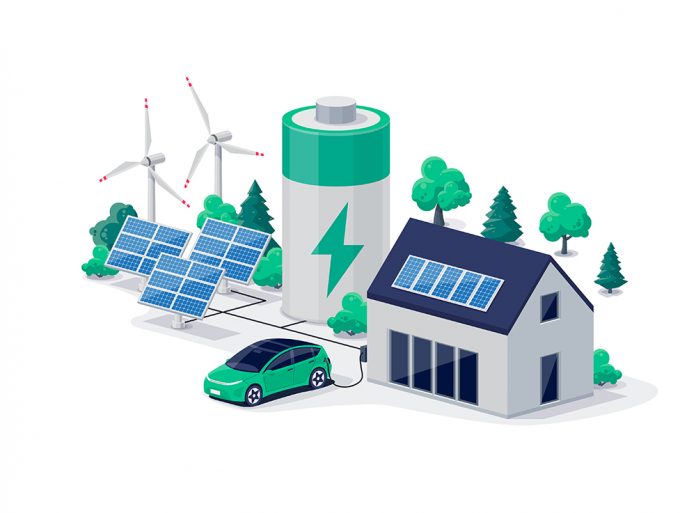The new Energy Bill Relief Scheme, unveiled in September, means energy prices will be capped for businesses, charities and the public sector in the short term.
The government initiative will apply to energy usage from 1 October 2022 to 31 March 2023, running for an initial six-month period for all non-domestic energy users.
Are you eligible?
A discount on wholesale gas and electricity prices will be provided for all non-domestic customers whose current gas and electricity prices have been significantly affected by global energy prices. This support will be equivalent to the Energy Price Guarantee for households.
It will apply to fixed contracts agreed on or after 1 April 2022, as well as to deemed, variable and flexible tariffs and contracts. Savings will be first seen in October bills, typically received in November.
How to apply
As with the household guarantee, customers don’t need to take action or apply to the scheme to access support. It will be automatically applied to bills in the form of a p/kWh discount.
What’s the discount worth?
The government has set a Supported Wholesale Price – expected to be £211 per MWh for electricity and £75 per MWh for gas, less than half the wholesale prices anticipated this winter – which is a discounted price per unit of gas and electricity. This is equivalent to the wholesale element of the Energy Price Guarantee for households. It includes the removal of green levies paid by non-domestic customers who receive support under the scheme.
The level of price reduction for each business will vary depending on their contract type and circumstances:
- non-domestic customers on existing fixed price contracts will be eligible for support as long as the contract was agreed on or after 1 April 2022. Provided that the wholesale element of the price the customer is paying is above the Government Supported Price, their per unit energy costs will automatically be reduced by the relevant p/kWh for the duration of the Scheme. Customers entering new fixed price contracts after 1 October will receive support on the same basis
- those on default, deemed or variable tariffs will receive a per-unit discount on energy costs, up to a maximum of the difference between the Supported Price and the average expected wholesale price over the period of the Scheme. The amount of this Maximum Discount is likely to be around £405/MWh for electricity and £115/MWh for gas, subject to wholesale market developments. Non-domestic customers on default or variable tariffs will therefore pay reduced bills, but these will still change over time and may still be subject to price increases.
- The government is working with suppliers to ensure all their customers are given the opportunity to switch to a fixed contract/tariff for the duration of the scheme if they wish, underpinned by the government’s Energy Bill Relief Scheme support.
- for businesses on flexible purchase contracts, typically some of the largest energy-using businesses, the level of reduction offered will be calculated by suppliers according to the specifics of that company’s contract and will also be subject to the Maximum Discount.
If you are not connected to the gas or electricity grid, equivalent support will be provided for non-domestic consumers who use heating oil or alternative fuels instead of gas. Details will be announced shortly.
What happens next?
The government will publish a review of the scheme in three months to help decide what future support should be offered after March 2023. The review will focus on identifying the most vulnerable non-domestic customers and how the government can continue assisting them with energy costs.
Prime Minister Liz Truss said: “I understand the huge pressure businesses, charities and public sector organisations are facing with their energy bills, which is why we are taking immediate action to support them over the winter and protect jobs and livelihoods.
“At the same time, we are boosting Britain’s homegrown energy supply so we fix the root cause of the issues we are facing and ensure greater energy security for us all.”
Kate Nicholls, CEO of UKHospitality, said: “This intervention is unprecedented and it is extremely welcome that government has listened to hospitality businesses facing an uncertain winter. We particularly welcome its inclusiveness – from the smallest companies to the largest – all of which combine to provide a huge number of jobs, which are now much more secure.”





